Toyota CO2 Negative – Recycled Plastics Market worth $63.69 billion by 2030, growing at a CAGR of 4.35 28-02-2024
Toyota CO2 Negative
China faced a downturn in its financial markets on Wednesday, with notable declines across major indices
At 7:40 am Italian time, the Nikkei dipped below parity, the Hang Seng experienced a 1.2% loss, and Shanghai dropped by 0.8%. Concurrently, the ten-year US T bond remained steady at 4.28%, while Nasdaq futures reflected a 0.2% decline.
To counter economic challenges, Hong Kong unveiled measures aimed at revitalizing its economy and property market amidst China’s economic slowdown and elevated interest rates. Financial Secretary Paul Chan outlined initiatives in the annual budget presentation, including the elimination of certain property stamp duties for residential transactions and earmarking over 1 billion Hong Kong dollars ($127.8 million) for tourism revitalization efforts, encompassing events like fireworks and drone shows. The city forecasts a modest growth of 2.5 to 3.5 percent this year, following a disappointing 3.2 percent expansion in the previous year.
In other news, Chinese real estate titan Country Garden disclosed receipt of a liquidation petition from a creditor, Ever Credit Limited, citing non-repayment of a HK$1.6 billion ($204.5 million) loan plus accrued interest. The Hong Kong High Court scheduled the initial hearing for May 17, with Country Garden expressing staunch opposition.
Furthermore, China’s legislature passed revisions to the state secrets law on Tuesday, underscoring the significance of national security, particularly in the realm of emerging technologies like artificial intelligence. Scheduled to take effect on May 1, the law emphasizes enhanced management and confidentiality measures regarding sensitive information. This legislative move aligns with China’s broader efforts to fortify national security, which has also involved heightened scrutiny of foreign advisors’ communications by authorities.
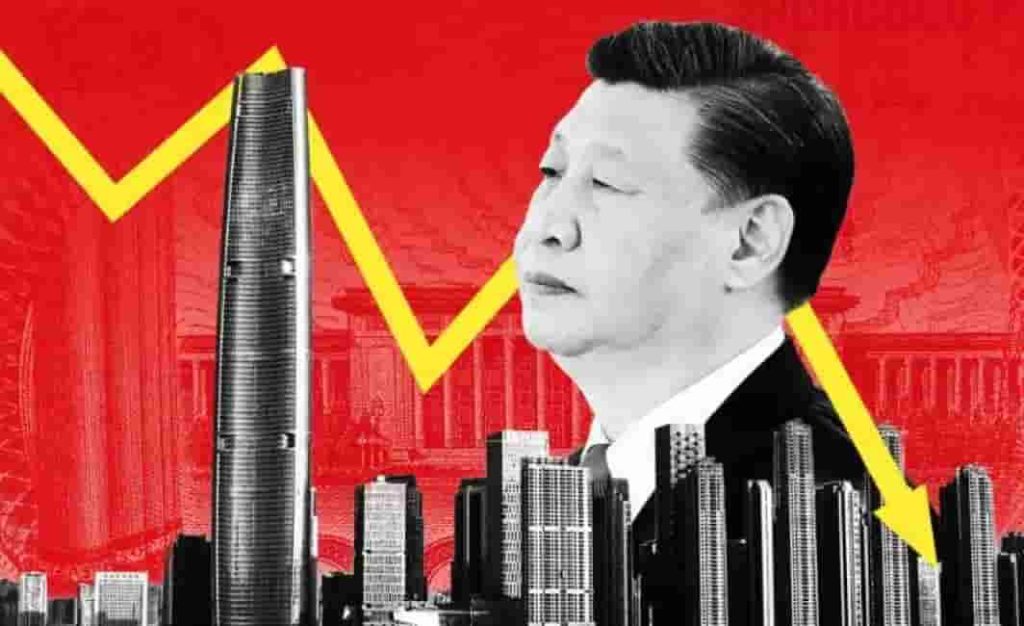
Crude Oil Prices Trend
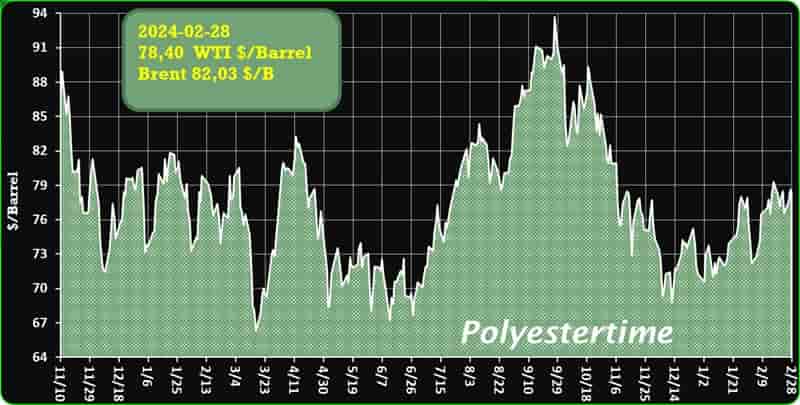
Crude Oil Prices Trend by Polyestertime
Toyota is conducting trials on technology designed to extract CO2 from the atmosphere
Toyota is charting a deliberate course toward eco-friendly transportation, opting for innovative solutions amidst the electric vehicle surge. Their latest endeavor involves combating both the carbon footprint of conventional vehicles and the environmental aftermath of outdated internal combustion engines.
Pioneering a novel technology, Toyota is engineering filters capable of extracting carbon dioxide directly from the atmosphere. These filters, envisaged to integrate seamlessly into vehicle fronts, are currently undergoing trials on Toyota’s hydrogen-powered GR Corolla race car. Preliminary assessments indicate a potential shift from carbon neutrality to carbon negativity in Toyota’s vehicle fleet. Toyota CO2 Negative
Remarkably, this technology operates without any supplemental energy requirement. Carbon dioxide is entrapped by the filters, subsequently liquefied utilizing waste engine heat for disposal. Crucially, this system is adaptable not only to hydrogen engines but also to traditional combustion engines.
Toyota envisions vehicles equipped with this technology as mobile air purifiers. Yet, developmental strides are imperative. Initial tests revealed a modest capture of 20 grams of carbon dioxide over 20 laps, a fraction compared to the emissions of fossil fuel vehicles.
Scaling up filter size could enhance carbon capture efficiency, albeit posing integration challenges in passenger vehicles. Commercial applications, particularly in Hino trucks, may serve as stepping stones for wider adoption.
Despite its promise, logistical hurdles remain. Manual filter replacement, as observed in the Corolla GR tests, underscores the need for refinement. Should Toyota surmount these obstacles, passive air carbon capture while in motion could revolutionize automotive sustainability. Toyota CO2 Negative
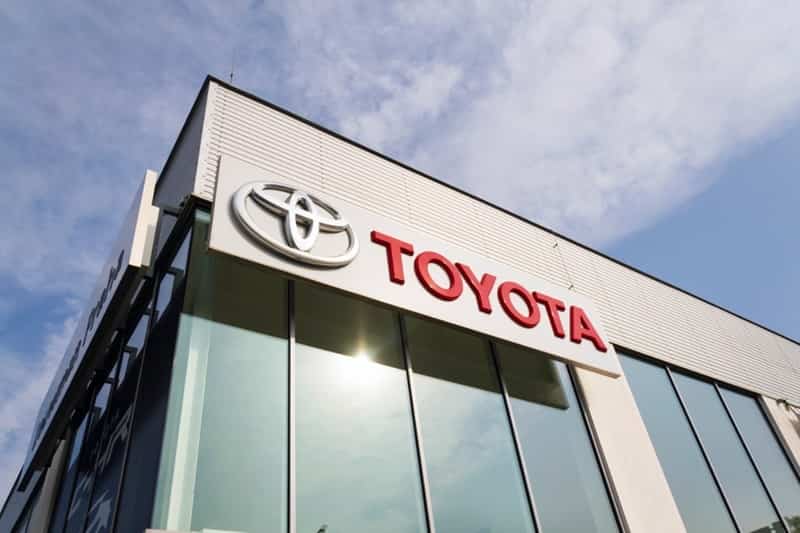
Source One Plastics Commences Operations at Facility Dedicated to Sorting and Recycling Plastic Waste
Source One Plastics, a collaborative endeavor between 23 Oaks Investments and LyondellBasell, has commenced operations at its plastic waste sorting and recycling facility situated in Eicklingen, Germany. This facility addresses the challenge of recycling post-consumer plastic waste, including mixed plastic packaging and flexible polyolefin materials, which typically end up being incinerated. With an anticipated annual processing capacity of 70,000 metric tons, equivalent to the output of approximately 1.5 million German citizens per year, the facility aims to significantly reduce plastic waste. Toyota CO2 Negative
Employing an innovative dry processing method, the plant promises to cut energy consumption by up to thirty percent compared to traditional recycling technologies while minimizing the release of fine plastic dust into the environment. Moreover, the facility operates on locally generated renewable energy, further enhancing its sustainability credentials. The processed plastic waste from Eicklingen will serve as a crucial feedstock for LyondellBasell’s forthcoming commercial-scale catalytic advanced recycling plant in Wesseling, Germany. Toyota CO2 Negative
Yvonne van der Laan, LyondellBasell’s Executive Vice President of Circular and Low Carbon Solutions, expresses pride in the venture’s inauguration, highlighting its role in advancing the company’s strategy to convert recycled material into high-quality polymer. Through advanced recycling techniques, LyondellBasell aims to produce premium polymers for various applications, contributing to a more sustainable future. Toyota CO2 Negative
Furthermore, as part of its commitment to promoting the circular economy, 23 Oaks Investments emphasizes its role in integrating global experience and expertise in sustainable practices. Owner Kai Hoyer underscores the importance of operational efficiency, noting the utilization of AI technology for precise material sorting. This approach sets the stage for true closed-loop systems, a cornerstone of a truly sustainable circular economy.

Recycled Plastics Market worth $63.69 billion by 2030, growing at a CAGR of 4.35
The “Recycled Plastics Market by Product (Polyethylene, Polyethylene Terephthalate, Polypropylene), Method (Distributed Recycling, Heat Compression, Pyrolysis), Source, Application – Global Forecast 2023-2030” report has been added to 360iResearch.com’s offering. Toyota CO2 Negative
The Global Recycled Plastics Market to grow from USD 45.27 billion in 2022 to USD 63.69 billion by 2030, at a CAGR of 4.35%.
Recycled plastics are materials reprocessed from plastic waste, transforming them into usable plastic products or materials. The recycled plastics process involves collecting plastic waste, cleaning and sorting it, breaking it down into plastic flakes or pellets, and then remolding it into new products. The necessity for recycled plastics stems from the urgency to address the environmental issues caused by the overproduction and disposal of virgin plastics. Increasing public consciousness regarding environmental sustainability and reducing plastic pollution drives the recycled plastics market. In addition, initiatives and stringent regulations by governments worldwide mandating the use of recycled materials propel the adoption of recycled plastics. However, contamination levels in plastics and variability in the quantity and quality of recyclable plastic waste present a challenge for the stable production of recycled plastics. Nevertheless, developing sorting techniques that can efficiently differentiate and process various plastics and ongoing investments in new recycled plastic facilities are expected to drive the recycled plastics market in the coming years. Toyota CO2 Negative
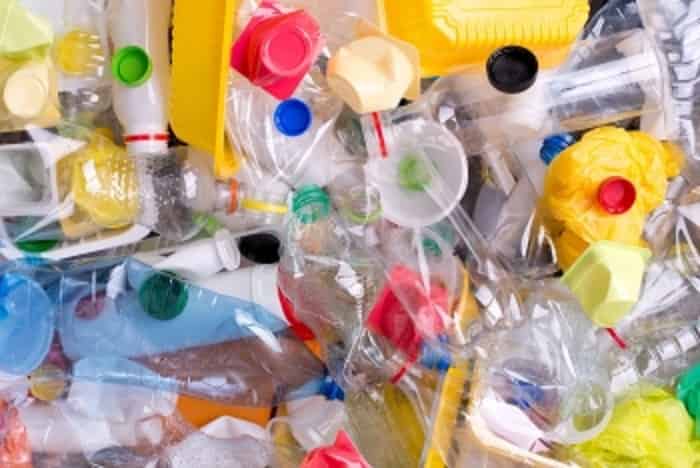
Ineos Chairman Sir Jim Ratcliffe urges European Commission to address high energy costs and carbon taxes
The European chemicals sector “struggles to compete” with other markets such as the the USA, China, and the Middle East
Sir Jim Ratcliffe, Chairman and Founder of INEOS, has written to Ursula von der Leyen, President of the European Commission, warning that Europe is “sleepwalking towards offshoring its industry, jobs, investments, and emissions.” Toyota CO2 Negative
Sir Jim’s letter follows his attendance at The European Industry Summit today in Antwerp, where 73 industry leaders representing almost 20 industrial sectors presented ‘The Antwerp Declaration for a European Industrial Deal’ to Ms Von der Leyen, President of the European Commission and the Belgian Prime Minister, Alexander De Croo.
In his letter to President von der Leyen, Sir Jim said:
* The European chemicals sector “struggles to compete” with other markets such as the the USA, China, and the Middle East,
* Carbon taxes have been successful in “driving away investment” from Europe.
* These taxes have encouraged imports from countries without carbon taxes which has increased the carbon footprint of Europe. Toyota CO2 Negative
* In contrast the USA have used the carrot not the stick, which provides half a trillion dollars of government incentives for technologies that improve the carbon footprint of the USA. This encourages investment in cleaner technologies.
* Once the largest chemical sector in the world, Europe has seen no large builds for 20 years.
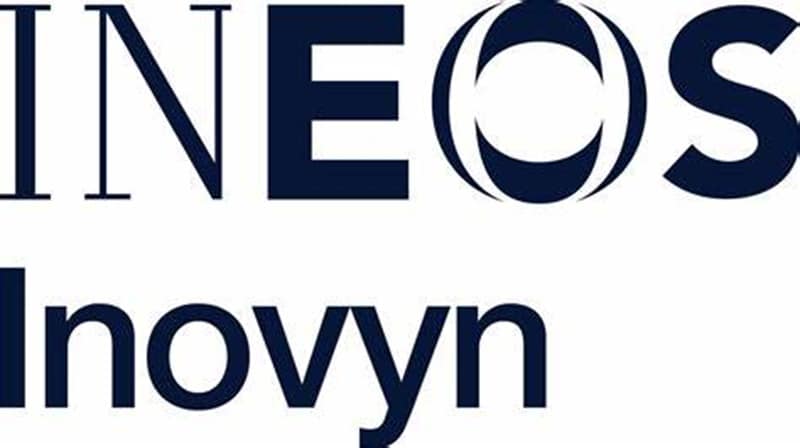
Toyota’s president, Akio Toyoda, staunchly believes in the enduring relevance of heat engines despite the burgeoning interest in electric vehicles
He asserts that electric cars will struggle to seize more than 30% of the market, prompting Toyota to persist in investing in internal combustion engines alongside exploring alternative fuels. Toyoda underscores that consumer preference and market dynamics, rather than regulatory mandates, will determine the fate of automotive propulsion systems. Toyota CO2 Negative
Toyoda’s vision extends beyond mere skepticism of full electrification; he anticipates a thriving market for hybrid, fuel cell, and hydrogen-powered vehicles, comprising the lion’s share of 70%. He emphasizes Toyota’s commitment to offering a diverse array of vehicles to cater to evolving consumer preferences on a global scale.
Reflecting on Japan’s trajectory, Toyoda notes the recent shift towards a multi-path approach, a stance he championed despite initial industry resistance. He acknowledges the potential dislocation that a swift transition to electric vehicles could pose to the millions employed in the Japanese auto industry, highlighting the importance of empowering workers to contribute to carbon neutrality through innovative engine projects.
Contrary to the European model, Toyoda advocates for Japan’s distinctive approach to automotive innovation, emphasizing the value of diversity in shaping the future. He underscores the significance of market dynamics and customer preferences in charting a unique path forward, suggesting that continued success will hinge on differentiation rather than emulation.Toyota CO2 Negative
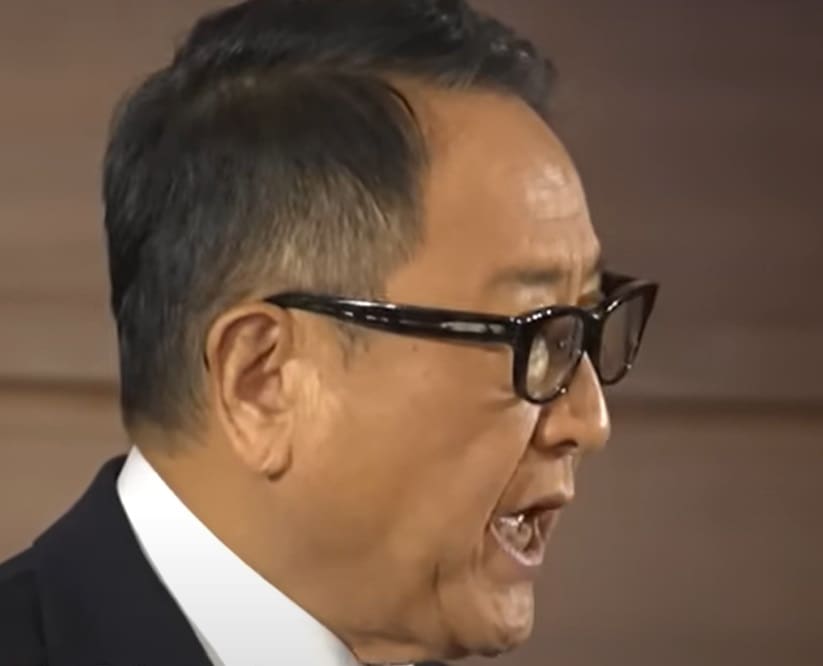
HDPE Market Soars in Europe and US Amid Supply Shortages and Surging Demand
In the initial half of February 2024, High-Density Polyethylene (HDPE) experienced an upward price trajectory across Europe and the United States, primarily driven by supply shortages and a surge in demand from the market. In Europe, the upswing in HDPE prices was mainly attributed to constrained supplies coupled with delayed cargo. Meanwhile, in the US, HDPE prices surged due to heightened demand from downstream industries such as construction and packaging. Toyota CO2 Negative
Further, the rising prices of feedstock Ethylene and upstream Naphtha and Crude oil have had a significant impact on the production costs of HDPE in both regions, contributing to the upward pressure on prices. Furthermore, supply disruptions in key transportation routes like the Panama Canal and the Red Sea have also played a role in influencing the pricing dynamics of the product, adding to the market volatility experienced during this period.
During this timeframe, the demand for HDPE in the US market exhibited bullish tendencies, with prices rise of 2% for Injection molding grade FOB Texas(USA). Trading activities remained robust, with market participants actively engaging in spot market transactions amidst constrained availability. Toyota CO2 Negative

PRE’s warning is stark: the European Union’s emphasis on promoting reuse over recycling, coupled with the influx of non-EU recycled materials, threatens to destabilize the recycling sector
This dynamic mirrors Gresham’s law in economics, where inferior currency displaces superior currency; similarly, low-quality recycled materials undermine the value of higher-quality ones, according to Plastics Recyclers Europe (PRE).
The organization highlights a concerning trend: rising imports of recycled plastics into Europe alongside declining domestic competitiveness and an uneven playing field. This imbalance, fueled by a surge in non-EU exports of plastic waste, spells trouble for the industry’s sustainability. Toyota CO2 Negative
Despite the noble intentions of the Regulation on packaging and packaging waste to enhance circularity and standardize practices across EU member states, PRE voices disillusionment with the current political trajectory. Allowing non-EU plastic waste to count toward EU recycling targets without robust oversight risks exacerbating market fragility.
The consequences of this approach are dire. PRE cites studies projecting a drastic increase in greenhouse gas emissions by 2040 and a significant drop in PET recycling rates if investment in European recycling infrastructure continues to decline. The association urgently calls for policy coherence to support the recycling supply chain and safeguard the industry’s future. Toyota CO2 Negative
In essence, PRE implores EU policymakers to prioritize protections for the European plastics industry and uphold commitments to a circular economy. Without decisive action, the lofty rhetoric surrounding sustainability and competitiveness risks becoming hollow.
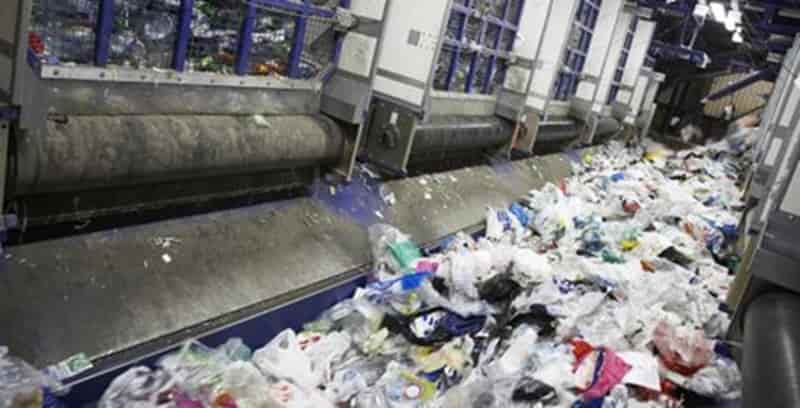
Toyota CO2 Negative
European chemistry -Biden announces new anti-Russian sanctions 27-02-2024
